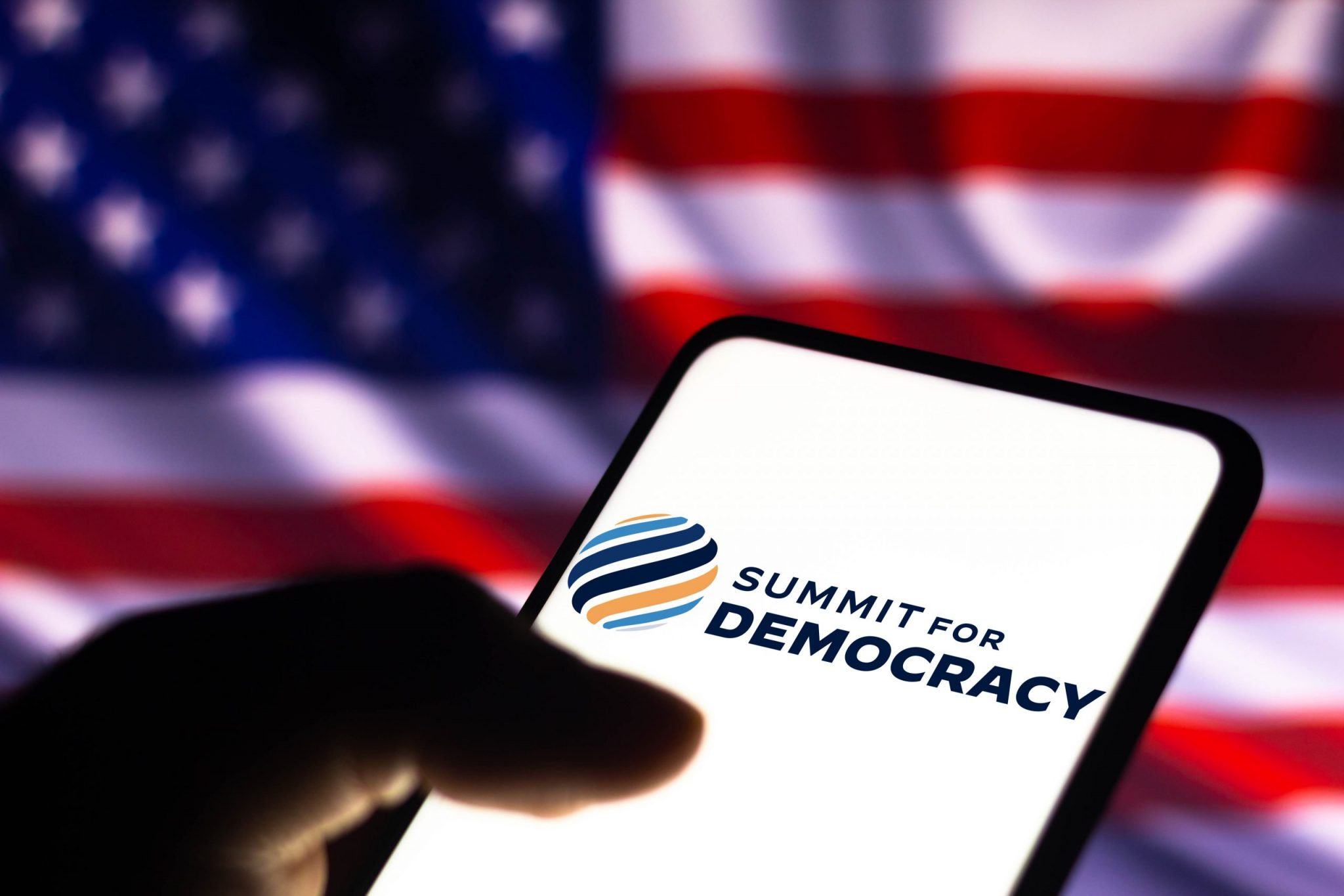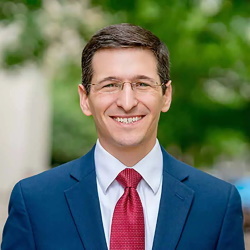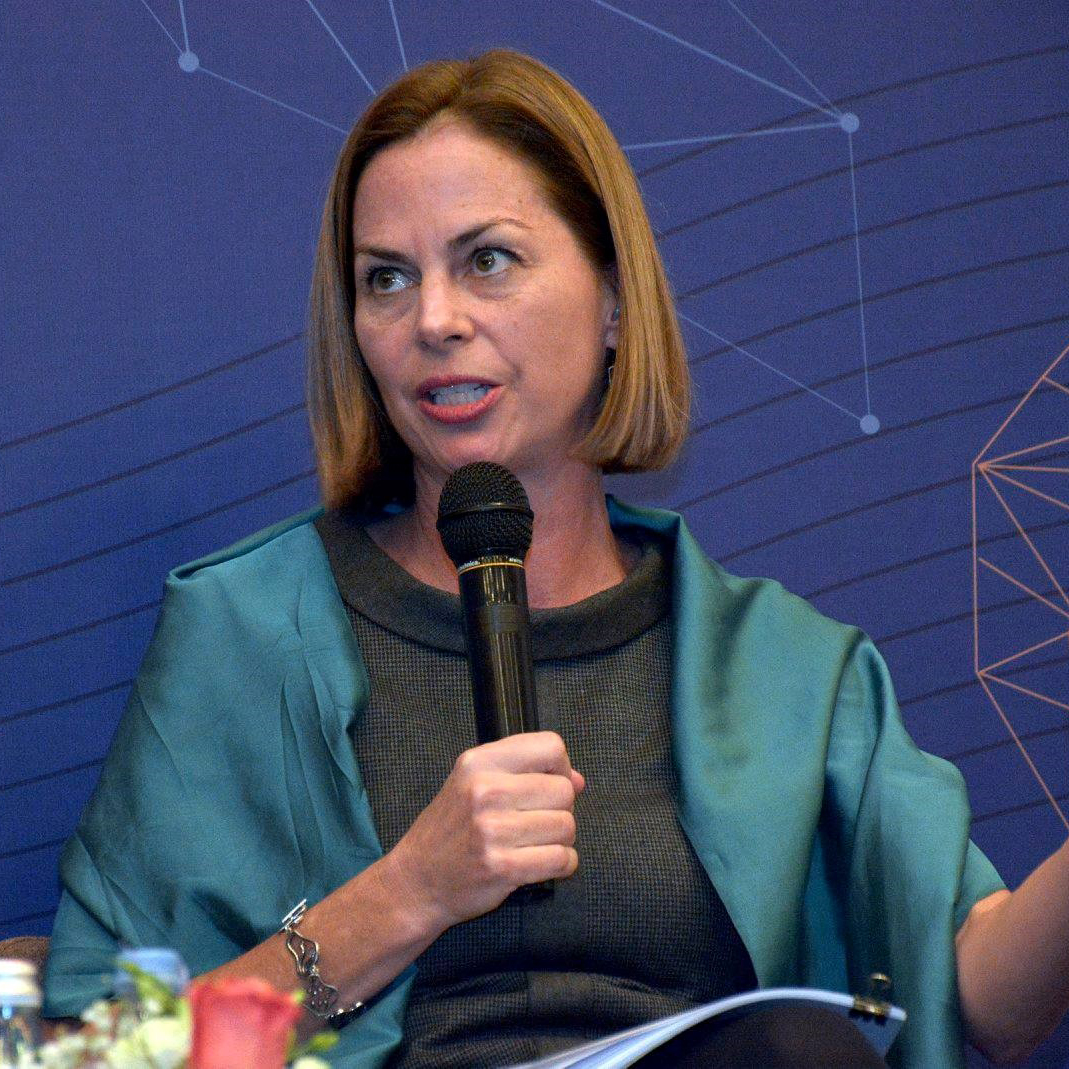Last week, U.S. President Joseph R. Biden hosted a virtual Summit for Democracy with 110 countries and governments, in which he called on leaders to make commitments to bolster democracy before an in-person summit is hosted later in 2022—but did the summit achieve its desired effect?
Experts from the Alliance for Securing Democracy weigh in and explain whether Biden’s summit was successful, what could have been better, and how the international community responded.
Laura Thornton, Director
The success of the summit is to be determined. A two-day online event with country leaders was never likely to get beyond platitudes to concrete solutions nor to shore up consensus on a clear pathway forward. The Biden administration made some welcome commitments, including increased aid to support media, women and girls’ participation in public life, and partnerships for democracy, as well as promises to go after kleptocrats, tax dodgers, and trusts. But the next year of action will be more telling about impact. Will Biden forcefully prioritize democratic reform at home, including by pushing for policies like the two election bills on the table? And even if he does, it could simply be beyond his control. The year of action will also reveal how much progress can be made on each country’s commitments, assuming they are made public, and what appetite there is for advocacy and monitoring. It is also unclear how prioritizing democracy will fit in with or conflict with other foreign policy objectives. Will the U.S. take a tough stance on Modi, for example, given the need for partnerships in the region to counter China? There will be a need to turn the lofty goals of the summit into a concrete strategy to defend democracy.
Zack Cooper, Co-Director
The Summit for Democracy did put forward some useful specific proposals, particularly on efforts to counter corruption and circumvent censorship. But it is too early to give the summit a final grade since most of the summit’s deliverables will not be put in place until next year’s planned meeting. Therefore, at the moment the summit gets an “Incomplete” grade while we await details on next steps from both the United States and its allies and partners abroad.
Josh Rudolph, Malign Finance Fellow
The Summit for Democracy was wildly successful! The United States led democracies by example, delivering concrete policy reforms that included more than 100 lines of effort to support anti-corruption, independent media, democratic reformers, internet freedom, and electoral integrity. Most importantly, the United States focused on getting its own house in order, advancing financial transparency reforms sought by watchdogs for two decades, including efforts related to U.S. real estate, shell companies, investment advisors, and other professional enablers of corruption.
Kristine Berzina, Senior Fellow and Head, Geopolitics Team
The Summit for Democracy tried to put a critical issue front and center: how do we, democracies, improve ourselves? But focusing on democracy is difficult in an overwhelmingly challenging policy environment. Last week’s summit occurred in the shadow of Russia’s threats to Ukraine and the global challenge of the omicron variant. Fixing democracies during times of mortal danger will be excruciatingly difficult.
Bret Schafer, Senior Fellow and Head, Information Manipulation Team
If one expected the summit to produce landmark commitments from the world’s democracies to abstain from state-sponsored disinformation and respect the democratic right to access a free and open internet, the summit will likely be viewed as a failure. But that was never a reasonable outcome, and with more managed expectations, the summit did produce a few meaningful commitments, at least from the U.S. side. The U.S. commitment to bolster independent and local media, to limit the misuse of tech by autocrats, and to support “democracy-affirming” technologies should be viewed as a net positive, even if cynics can justifiably point to the fact the initiatives—both from a funding and philosophical standpoint—fall a bit short of the “bold” initiatives we were promised.
Etienne Soula, Research Analyst
Last week’s Summit for Democracy was a clarifying moment for democracies around the world. In particular, Chinese officials and state media’s hyperactive communication around the summit made Beijing’s intention to rewrite international norms and make them more conducive to autocracy plain for all to see. However, from the administration’s contortions over the list of attendees to the technical issues that marred Taiwan’s presentation, the summit also revealed the difficulty of a values-led foreign policy approach.
The views expressed in GMF publications and commentary are the views of the author alone.










